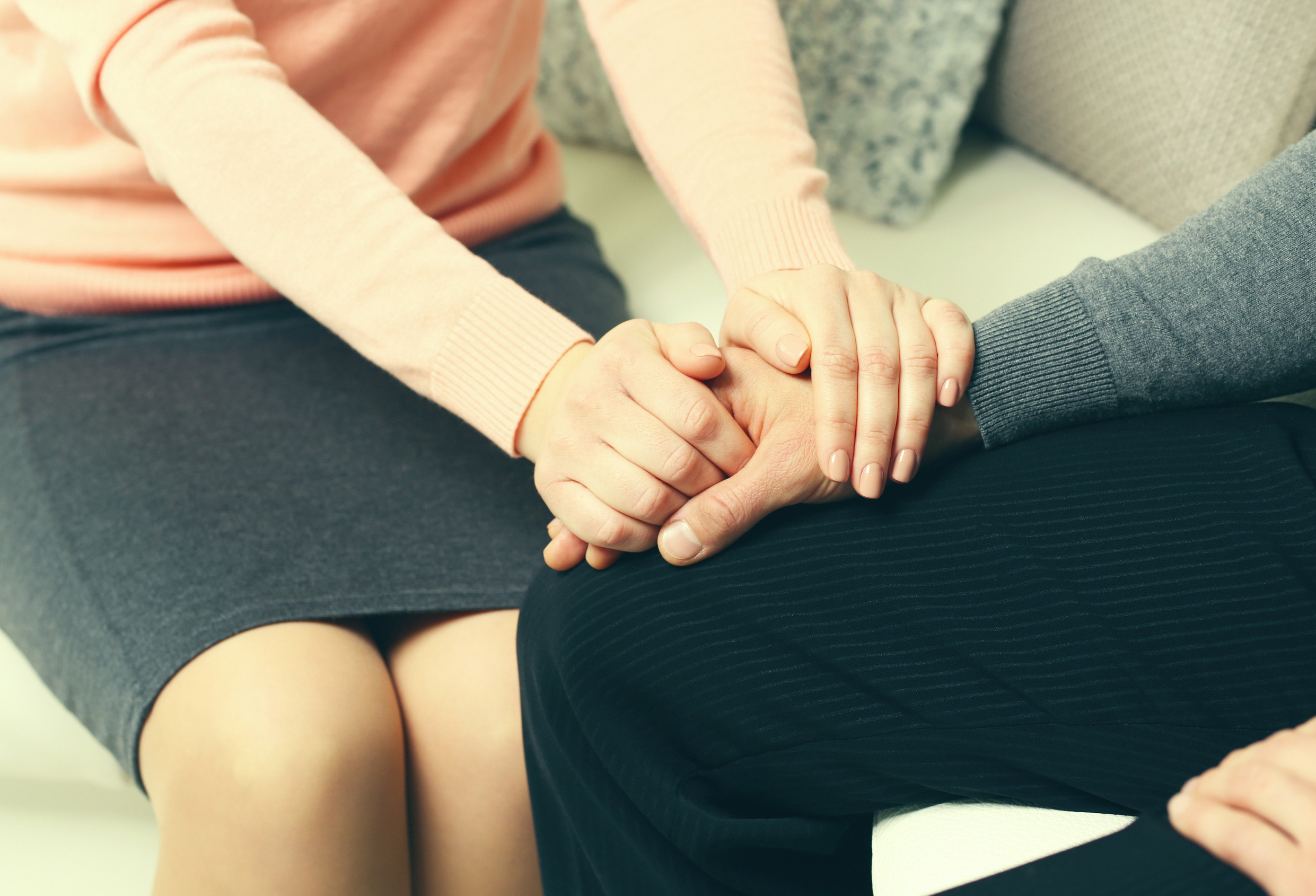
There’s so much excitement around preparing for a baby—nurseries, names, baby showers. But what often gets overlooked is the most important part: your mental health before your first kid arrives. Becoming a parent changes everything, and your emotional well-being plays a huge role in how you handle those changes. If you want to show up as the best version of yourself for your child, start by checking in with you.
Your Old Coping Mechanisms Might Not Be Enough
Parenthood introduces a new level of stress, especially if you’re sleep-deprived and overwhelmed. The ways you used to deal with stress might not cut it any longer. You’ll need healthier, more sustainable tools like deep breathing, journaling, or talking to a therapist. It’s not about being perfect—it’s about being prepared. Learn what helps you reset now so you’re not scrambling later.
Postpartum Struggles Don’t Always Look the Same
Most people think postpartum depression only happens to moms—and only right after birth. But anxiety, OCD, and even rage can show up in both parents, sometimes months later. Know the signs, have a plan, and don’t hesitate to speak up if something feels off. Talk to your doctor now about mental health resources available postpartum. Awareness is your first defense against feeling lost or alone.
Sleep Deprivation Is a Mental Health Risk
It’s easy to brush off sleepless nights as just “part of being a parent.” But sleep deprivation can mess with your mood, memory, and decision-making. Start building good sleep habits now and talk with your partner about sharing night duties. Consider hiring help or asking family for support when the baby arrives. Protecting your sleep protects your sanity—and your baby needs a present, healthy parent.
You’ll Mourn Your Old Life—and That’s Okay
No one talks enough about the quiet grief that comes with parenthood. You’ll miss your freedom, your spontaneity, and even your old identity. Feeling sad about that doesn’t mean you’re ungrateful—it means you’re human. Give yourself permission to feel it without guilt. The more honest you are about these feelings, the better you’ll process them.
Your Relationship with Yourself Will Be Tested
Parenthood forces you to reevaluate everything—your patience, your self-worth, your boundaries. The pressure to be “a good parent” can lead to intense self-criticism. Before the baby comes, practice being kind to yourself. Work on affirmations, self-forgiveness, and letting go of perfection. The way you treat yourself matters as much as how you treat your child.
Ask for Therapy—Even If Nothing Feels “Wrong”

You don’t need a crisis to go to therapy. In fact, therapy before your first kid can help you unpack baggage that might affect how you parent. Maybe you had a rough childhood, unresolved trauma, or just need space to talk. A therapist can help you feel emotionally stronger before your baby gets here. Think of it as emotional prenatal care.
Set Boundaries with Others Early
You might not realize how much pressure people will put on you once the baby arrives. From unsolicited advice to unexpected visits, it can become overwhelming fast. Start setting boundaries now—what you will and won’t accept from family and friends. You don’t owe anyone access to your baby or your time. Protecting your peace is a form of parenting too.
You Deserve Support, Not Just the Baby
So much attention goes to the baby, but you matter just as much. Create a postpartum care plan that includes meals, mental health check-ins, and alone time. Ask your partner or loved ones to check on you—not just the baby. When you’re cared for, you can care better. This is a chapter where your needs should not be ignored.
It’s Okay to Be Scared
Having a baby for the first time is both joyful and terrifying. It’s okay to feel afraid, uncertain, or even doubtful about your ability to parent. These feelings don’t make you weak—they make you real. Talk about them, write them down, or share them with someone safe. Courage isn’t the absence of fear—it’s choosing to move forward anyway.
You’re Not Broken—You’re Becoming
There’s a shift that happens in your heart and your mind when you become a parent. It’s not always pretty, and it’s definitely not always Instagram-worthy. But if you stay aware of your mental health before your first kid, you’ll be better equipped to handle the highs and the lows. You’re not losing yourself—you’re expanding. And that growth is something to be proud of.
Your Mental Health Is the First Gift You Give Your Child
Before you stock up on diapers and bottles, check in with your own emotional state. Taking care of your mental health before your first kid isn’t selfish—it’s one of the most loving things you can do. A balanced parent creates a safe, stable home. So, prioritize your well-being now and watch how it transforms everything that follows.
What helped you prepare mentally for becoming a parent—or what do you wish you’d known? Let us know in the comments below.
Read More:
You’re On the Edge: 7 Ways to Tell If Your Mental Health Is in Jeopardy
Waking Up at 4:30 AM: The Unexpected Mental Health Boost You Need

Latrice is a dedicated professional with a rich background in social work, complemented by an Associate Degree in the field. Her journey has been uniquely shaped by the rewarding experience of being a stay-at-home mom to her two children, aged 13 and 5. This role has not only been a testament to her commitment to family but has also provided her with invaluable life lessons and insights.
As a mother, Latrice has embraced the opportunity to educate her children on essential life skills, with a special focus on financial literacy, the nuances of life, and the importance of inner peace.
